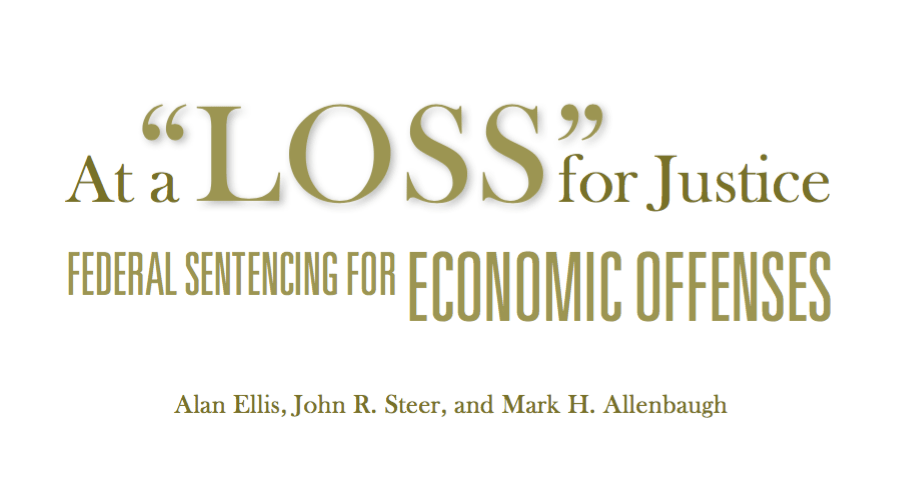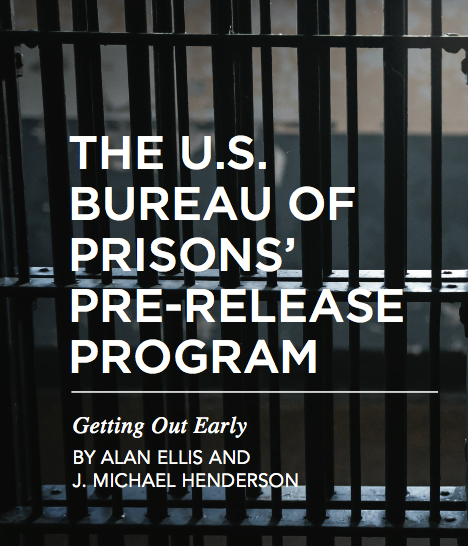- It is important for defense counsel to make sure that the Presentence Investigation Report (PSR) adequately documents any drug abuse or dependency (illegal or prescription) or alcohol problem. Unless a client’s substance abuse is adequately documented in the PSR, he or she may not qualify for the BOP’s Residential Drug Abuse Program (RDAP), and will not get the chance to earn up to a one-year reduction in sentence pursuant to 18 U.S.C. §3621(c)(2), which permits such a reduction for nonviolent inmates who successfully complete RDAP.
- To qualify for RDAP, one must have at least 24 months or more remaining to serve; a verifiable, documented pattern of substance abuse or dependence within the 12-month period preceding arrest on the underlying offense; have no serious mental or cognitive impairment precluding full program participation; be halfway house-eligible (which precludes participation by removable non-U.S. citizens); and sign acknowledgement of program responsibilities.
- The BOP places primary reliance on a prisoner’s self-reporting to the US Probation Office presentence report writer. Whatever is written in the PSR is presumptively valid, and any claim of a disorder that the PSR does not plainly substantiate is treated as suspect.



